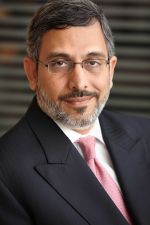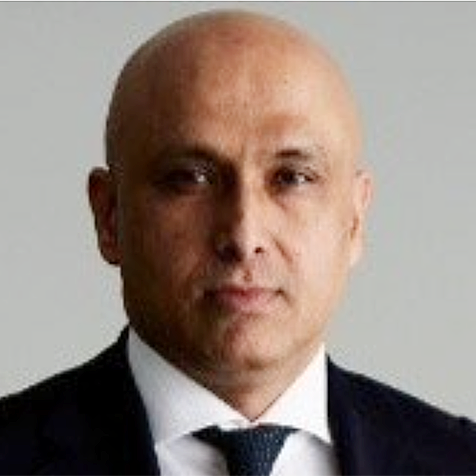 |
|
| StanChart's Khan |
Islamic finance has grown significantly in the past few years and could become the largest segment in a number of banking systems in the Middle East by 2020 with a penetration rate in excess of 50 percent of the local banking assets. In Malaysia and Bangladesh, it would be close to 50 percent, based on a research by HSBC Amanah using historical compound annual rate of growth.
Yakub Bobat, global head of HSBC Amanah Commercial Banking, on September 20 told a Sibos conference being held in Toronto, Canada that at the end of 2010, the penetration rate of Islamic assets in Saudi Arabia and Kuwait was more than 30 percent, Malaysia 22 percent, and United Arab Emirates and Bangladesh 18 percent. “Islamic finance is fast becoming an important proposition in certain distinct emerging markets in Asia and the Middle East,” he says.
Bobat reiterates that Islamic finance has performed relatively well amid the global financial crisis in 2008 with its built-in immunity from toxic assets, although he notes that it is not safe from exposure to the credit market and the real economy.
Looking at the key trends and opportunities within the industry, Bobat highlights the significantly growing Muslim population, which is estimated to reach 2.2 billion by 2030, or 26 percent of the world population. He says there is increasing propensity towards core value in Islamic products and will result in significant amount of investment in infrastructure across Asia-Pacific.
Afaq Khan, CEO of Standard Chartered Saadiq, notes the increasing interest by the sovereign wealth funds to invest in Islamic assets, which is fuelling the moves in South Korea, Australia and France to come up with laws, rules and regulations to allow Islamic finance to co-exist in these geographies so that capital can flow efficiently across borders.
He says: “It is a win-win situation for everybody because the Islamic finance industry needs diversification. They want to be part of growth economies. At the same time, they offer access to a large pool of capital.”
To push the Islamic finance industry going forward, Bobat cites the needs to drive innovation and to focus more in building risk-sharing products and in the development of sukuk funds and sukuk project finance.
As the industry’s building blocks, Bobat says Islamic finance needs to support investment in the real economy such as infrastructure development and to build cross-border reach. “The industry today is pretty much local and fragmented, and regional at best,” he notes. “We need local players that are able to build and bridge the cross-border connectivity, so consolidation could be a theme in the years ahead. We need to continue to build standardization across different industry planks and continue to build institutional architecture, such as liquidity management.”









